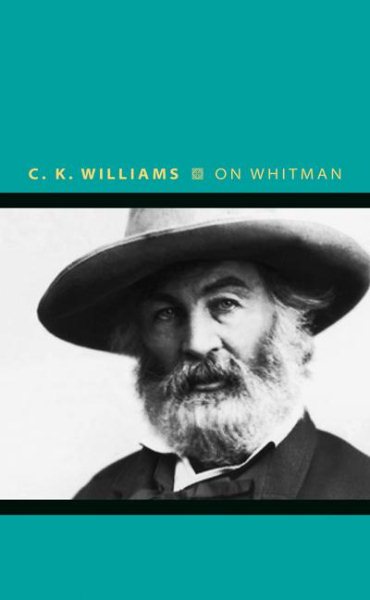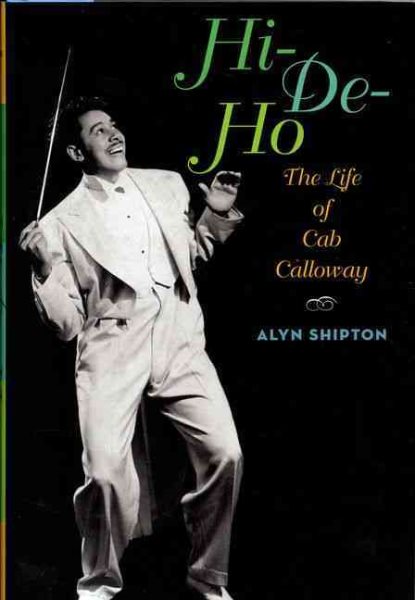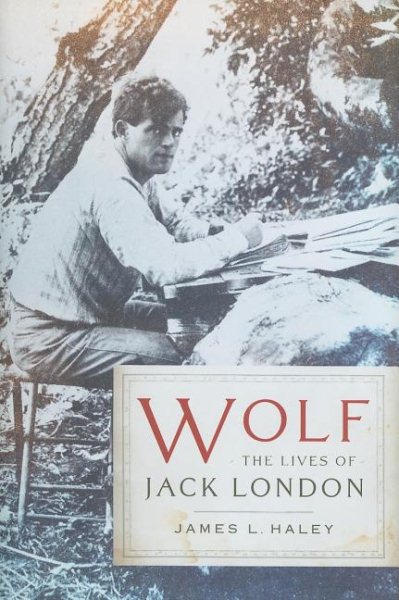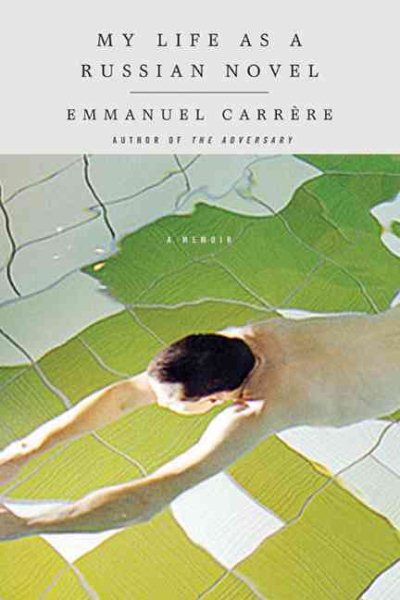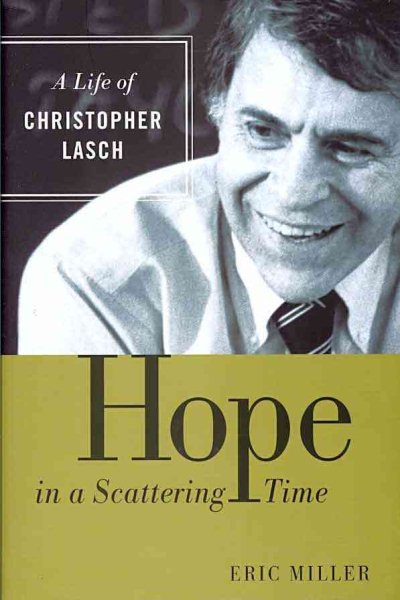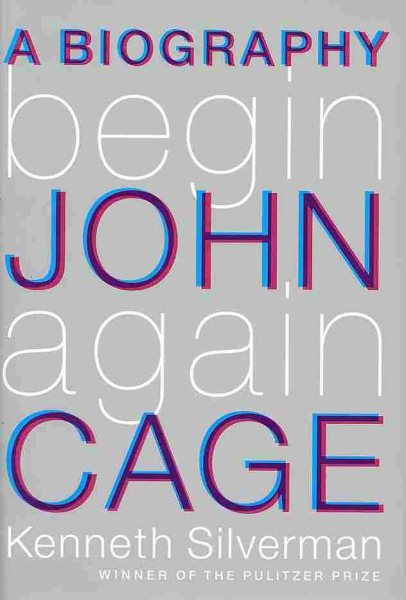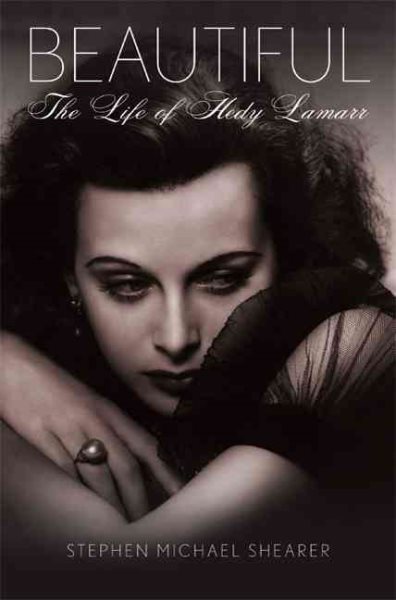By Charles Kenneth Williams
This jewel of a book, by one poet on another in the Writers on Writers series, does nothing less than show that Walt Whitman is the very unconscious and Paraclete of all American poets working today. With generous quotes from Williams's hero, we see how Whitman's oracular largesse most certainly extended to the continental-inspired Pound and Eliot. Williams returns to the pure, original edition (out of nine) of Leaves of Grass for inspiration, finding the so-called deathbed edition along with all the Leaves in between lacking the first flush of musical and formal elements. Williams likewise always returns to Leaves to explore what inspires: beyond Dante, Shakespeare, and others who attract him. In "Song of Myself," the "I" and "you," author and experiencer, are conflated to the point where the writer is one more of his own readers; "Song of Myself" tellingly ends with the word "you." As Williams observes, Whitman "wants us not to be afraid of ourselves, even of our dark, darkest, most doubting selves." As a personal introduction to the visionary free-verse wellspring of the American poetic spirit, this book is one that no poetry lover should miss.
Check Catalog
Arts!
A selection of our new and noteworthy materials on the Performing Arts as well as other Fine Arts
Saturday, October 30, 2010
Hi-De-Ho: The Life of Cab Calloway
By Alyn Shipton
Jazz critic Shipton follows his biography of Dizzy Gillespie (Groovin' High) and his extensive A New History of Jazz with the first full-length biography of the iconic originator of "Minnie the Moocher." At the height of his popularity in the Thirties, vocalist-bandleader Cab Calloway was the most popular and most highly compensated African American entertainer in the country. His scat vocals influenced American music from Louis Jordan to Tupac Shakur, and his stage costumes defined fashion for a generation of hipsters around the world. Shipton presents in admirable detail Calloway's professional apex as Cotton Club headliner and leader of the foremost big band in the United States and reveals him as a superior artistic tactician. He also offers critical reconsiderations of Calloway's vocal and instrumental recordings, making a strong case for his inclusion as a musical innovator in the class of Louis Armstrong or Duke Ellington.
Check Catalog
Jazz critic Shipton follows his biography of Dizzy Gillespie (Groovin' High) and his extensive A New History of Jazz with the first full-length biography of the iconic originator of "Minnie the Moocher." At the height of his popularity in the Thirties, vocalist-bandleader Cab Calloway was the most popular and most highly compensated African American entertainer in the country. His scat vocals influenced American music from Louis Jordan to Tupac Shakur, and his stage costumes defined fashion for a generation of hipsters around the world. Shipton presents in admirable detail Calloway's professional apex as Cotton Club headliner and leader of the foremost big band in the United States and reveals him as a superior artistic tactician. He also offers critical reconsiderations of Calloway's vocal and instrumental recordings, making a strong case for his inclusion as a musical innovator in the class of Louis Armstrong or Duke Ellington.
Check Catalog
Wolf: The Lives of Jack London
By James L. Haley
"I have drifted all my life, curiosity, that burning desire to know." In the intensely curious drifter who penned these words, Haley recognizes one of the most unlikely yet compelling novelists of the twentieth century. Lacing his biographical narrative with acute insights, Haley recounts how the flame of curiosity was first kindled in the son of an impoverished spiritualist medium, particularly chronicling the young Jack London's voracious boyhood reading of Melville, Kipling, and Flaubert. But only after his restless curiosity has schooled him in the harsh world outside of books: the world of panhandling, oyster-pirating, and prospecting, does London find his vocation in distilling the brutalities of life into the epiphanies of art. Careful research illuminates the creative process through which London forged such powerful works as Call of the Wild, White Fang, and The Game. But alongside London's curiosity-driven imaginative artistry, Haley traces a parallel strain of conviction-fired social activism, evident in works such as War of the Classes. Not all readers will share Haley's admiration for an idealist intent on revolutionizing society, while himself keeping a valet and habitually mistreating his wife. But any reader who shares even a spark of London's incandescent curiosity will relish this vivid portrait.
Check Catalog
"I have drifted all my life, curiosity, that burning desire to know." In the intensely curious drifter who penned these words, Haley recognizes one of the most unlikely yet compelling novelists of the twentieth century. Lacing his biographical narrative with acute insights, Haley recounts how the flame of curiosity was first kindled in the son of an impoverished spiritualist medium, particularly chronicling the young Jack London's voracious boyhood reading of Melville, Kipling, and Flaubert. But only after his restless curiosity has schooled him in the harsh world outside of books: the world of panhandling, oyster-pirating, and prospecting, does London find his vocation in distilling the brutalities of life into the epiphanies of art. Careful research illuminates the creative process through which London forged such powerful works as Call of the Wild, White Fang, and The Game. But alongside London's curiosity-driven imaginative artistry, Haley traces a parallel strain of conviction-fired social activism, evident in works such as War of the Classes. Not all readers will share Haley's admiration for an idealist intent on revolutionizing society, while himself keeping a valet and habitually mistreating his wife. But any reader who shares even a spark of London's incandescent curiosity will relish this vivid portrait.
Check Catalog
My Life As a Russian Novel: A Memoir
By Emmanuel Carrere
French novelist/screenwriter/journalist Carrère (I Am Alive and You Are Dead: A Journey Inside the Mind of Philip K. Dick, 2003, etc.) recalls two fraught years that took him to Siberia and ended a love affair.
Heavy drinking, infidelity, questions about meaning and identity, white nights in the long northern summer—it's a Russian novel in subject matter, but the author's approach is decidedly French: minute analysis of each emotional up or down, brutal frankness about his (and others') less-than-admirable behavior that recalls Flaubert or Stendhal. In 2000, Carrère traveled with a film crew to the provincial town of Kotelnich for a news story that later turned into an open-ended project for the French National Film Commission. Since he had no real plan for the project, he mostly hung around aimlessly with the locals—experiences that are sharply described in the memoir's least solipsistic scenes—while obsessing over two loose ends in his life. The first was the fate of his grandfather, a Russian immigrant to France who disappeared in 1944, presumably killed in reprisal for collaborating with the Germans. Carrère's mother, a distinguished French intellectual, begged her son not to write about her shameful father. Believing that she "denied us the right to our suffering," he did it anyway. This would be less distasteful if the author's motives didn't seem to be entirely selfish, which is the impression also created by his account of his tortured relationship with Sophie, the second loose end. The couple had great sex, but everything Carrère writes—including a semi-pornographic story he published in Le Monde, instructing his lover to read it on a train ride and follow its instructions—backs up Sophie's anguished belief that he was uninterested in her job, her friends and her life, embarrassed by her lower social status and intent on controlling her every move. She had an affair, became pregnant and eventually married another man. Readers will most likely conclude that Carrère deserved Sophie's payback.
Check Catalog
French novelist/screenwriter/journalist Carrère (I Am Alive and You Are Dead: A Journey Inside the Mind of Philip K. Dick, 2003, etc.) recalls two fraught years that took him to Siberia and ended a love affair.
Heavy drinking, infidelity, questions about meaning and identity, white nights in the long northern summer—it's a Russian novel in subject matter, but the author's approach is decidedly French: minute analysis of each emotional up or down, brutal frankness about his (and others') less-than-admirable behavior that recalls Flaubert or Stendhal. In 2000, Carrère traveled with a film crew to the provincial town of Kotelnich for a news story that later turned into an open-ended project for the French National Film Commission. Since he had no real plan for the project, he mostly hung around aimlessly with the locals—experiences that are sharply described in the memoir's least solipsistic scenes—while obsessing over two loose ends in his life. The first was the fate of his grandfather, a Russian immigrant to France who disappeared in 1944, presumably killed in reprisal for collaborating with the Germans. Carrère's mother, a distinguished French intellectual, begged her son not to write about her shameful father. Believing that she "denied us the right to our suffering," he did it anyway. This would be less distasteful if the author's motives didn't seem to be entirely selfish, which is the impression also created by his account of his tortured relationship with Sophie, the second loose end. The couple had great sex, but everything Carrère writes—including a semi-pornographic story he published in Le Monde, instructing his lover to read it on a train ride and follow its instructions—backs up Sophie's anguished belief that he was uninterested in her job, her friends and her life, embarrassed by her lower social status and intent on controlling her every move. She had an affair, became pregnant and eventually married another man. Readers will most likely conclude that Carrère deserved Sophie's payback.
Check Catalog
Hope in a Scattering Time: A Life of Christopher Lasch
By Eric Miller
An intellectual biography is rare on book shelves today. You find memoirs of Chelsea Handler and quickly written pop biographies of whoever is president at the time. Every once in a while, you come across an intellectual biography. It is not written like your "normal" biography; instead it is a biography of ideas, more specifically the ideas of the person whom the author is writing about. That is what Eric Miller has done for the social critic and historian Christopher Lasch. Miller is less concerned with the daily life of Christopher Lasch; instead he explores the ideas and works of Lasch. From his groundbreaking Narcissism to his final magnum opus Revolt of the Elites, we get an in-depth and close-up view of this monumental thinker. Shunned by the left, and embraced by the right (whom he ignored), he was a lonely scholar using history as a guide to critique modern America. This is a wonderfully written biography, and one that is not for the faint of heart. Many people might get lost in the authors argument; but it is well worth the read.
Check Catalog
An intellectual biography is rare on book shelves today. You find memoirs of Chelsea Handler and quickly written pop biographies of whoever is president at the time. Every once in a while, you come across an intellectual biography. It is not written like your "normal" biography; instead it is a biography of ideas, more specifically the ideas of the person whom the author is writing about. That is what Eric Miller has done for the social critic and historian Christopher Lasch. Miller is less concerned with the daily life of Christopher Lasch; instead he explores the ideas and works of Lasch. From his groundbreaking Narcissism to his final magnum opus Revolt of the Elites, we get an in-depth and close-up view of this monumental thinker. Shunned by the left, and embraced by the right (whom he ignored), he was a lonely scholar using history as a guide to critique modern America. This is a wonderfully written biography, and one that is not for the faint of heart. Many people might get lost in the authors argument; but it is well worth the read.
Check Catalog
Begin Again: A Biography of John Cage
By Kenneth Silverman
| ||||||
| Check Catalog |
Beautiful: The Life of Hedy Lamarr
By Stephen Michael Shearer
Shearer's biography does not simply chronicle the life of Hollywood legend Hedy Lamarr, from her cosseted childhood in an assimilated Jewish family in Austria to her early breaks in Max Reinhardt's internationally famous theater company; her scandalous, career-launching nude scene in the Czech film Ecstasy; her tortured first marriage to Jewish Nazi arms manufacturer Friedrich Mandl (dubbed an "honorary Aryan" by the Third Reich); and her daring escape from the sadistic Mandl and Nazi Germany to Los Angeles and MGM. The real beauty of the book is how well and how wholeheartedly Shearer tells this remarkable story. It helps that much of Lamarr's life reads like a novel, packed with surprise twists and stereotype-destroying details, such as Lamarr's fascinating after-hours research in military communications systems (done with avant-garde composer George Antheil), research that formed the foundation for the technology used in Wi-Fi and cell phones. For this she won an award in 1997, three years before her death, from the Electronic Frontier Foundation. One finishes the book feeling that one has read a complete portrait of Hedy Lamarr, actor and inventor, a biography that reveals, with drama and wit, how much more there was to this complex, brilliant woman than her ethereal natural beauty."
Check Catalog
Shearer's biography does not simply chronicle the life of Hollywood legend Hedy Lamarr, from her cosseted childhood in an assimilated Jewish family in Austria to her early breaks in Max Reinhardt's internationally famous theater company; her scandalous, career-launching nude scene in the Czech film Ecstasy; her tortured first marriage to Jewish Nazi arms manufacturer Friedrich Mandl (dubbed an "honorary Aryan" by the Third Reich); and her daring escape from the sadistic Mandl and Nazi Germany to Los Angeles and MGM. The real beauty of the book is how well and how wholeheartedly Shearer tells this remarkable story. It helps that much of Lamarr's life reads like a novel, packed with surprise twists and stereotype-destroying details, such as Lamarr's fascinating after-hours research in military communications systems (done with avant-garde composer George Antheil), research that formed the foundation for the technology used in Wi-Fi and cell phones. For this she won an award in 1997, three years before her death, from the Electronic Frontier Foundation. One finishes the book feeling that one has read a complete portrait of Hedy Lamarr, actor and inventor, a biography that reveals, with drama and wit, how much more there was to this complex, brilliant woman than her ethereal natural beauty."
Check Catalog
Subscribe to:
Posts (Atom)

